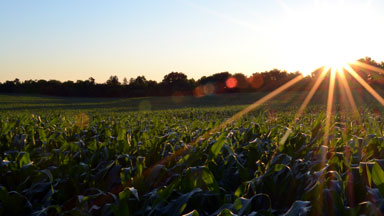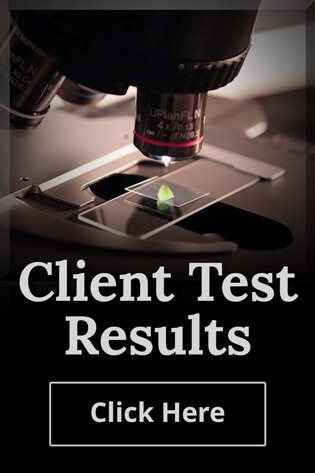Forage Quality Testing | Forage Testing Lab

In the past, forage quality testing required great lengths of time, it now can happen in less than a day. The production of animals can be increased by monitoring nutrition through forage testing, allowing higher quality product and higher profits.
Animal nutrition testing is being performed in order to help improve the nutrition animals receive as well as benefit the production of animals.
For those looking to improve profit, forage testing is the key. Understanding the quality of forages that animals are being fed helps to create a more knowledgeable livestock producer. With more accurate information comes more net profit.
Without a forage testing lab, there is a necessity to estimate crude protein. By utilizing forage quality testing, crude protein can accurately be assessed and thus more supplemental proteins can be given when necessary.
is inexpensive – as each sample hovers under $15. Rather than overestimating the forage quality and ending up providing too little protein and suffering with milk production and the like, forage quality testing allows to keep protein on track. Animal nutrition is bettered with animal nutrition testing. The testing requires less than 10 minutes of time and has a high accuracy rate.
For those selling forages, forage quality testing can help increase value. By knowing the quality of the forages in the case of hay, selling price can often be nearly $10 more per ton. Knowing neutral detergent fiber content can help to save money, make money, and also helps benefit the animals with their own nutrition.
When preparing a hay sample, be sure to keep samples in a cool place, frozen, and in completely airtight containers. The earlier in the week this is done, the less chance there is for any alteration to the sample. Be sure to take a high quality sample that accurately represents your forages. When taking samples of baled hay, be sure the sample is taken from each different field cut from. For haylage and silage, be sure to take the samples as they are being put in the silo.
Once you have collected your forage testing sample, you can send it to a forage testing lab. There are particular methods supported and approved by the . Different labs have different percentages of variation in the result received, which can also be important to pay attention to in order to decide which lab is most accurate and meets your forage quality testing needs.
Located in Coopersville, MI, Alliance Analytical Laboratories is a forage quality testing lab in Michigan with national and international capabilities. Contact us today to request a quote or call us directly at (616) 837-7670.

 Microbiology
Microbiology